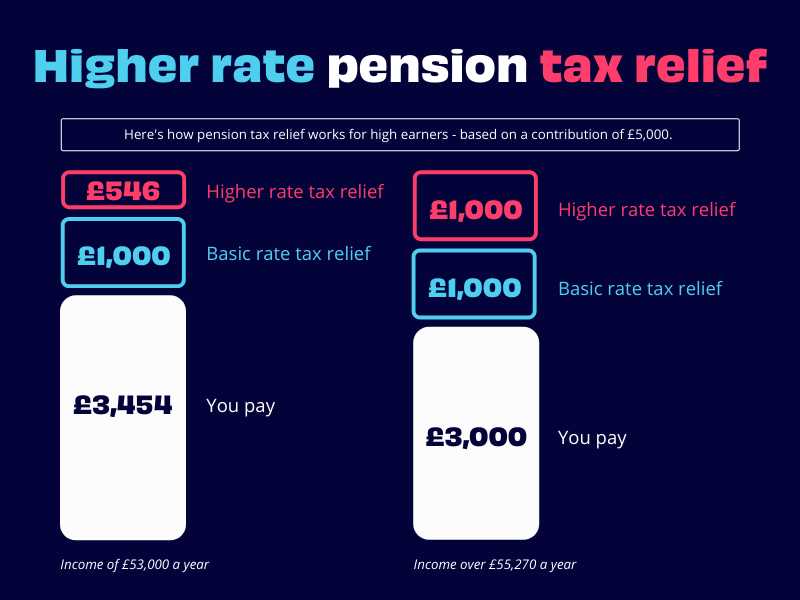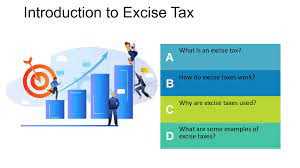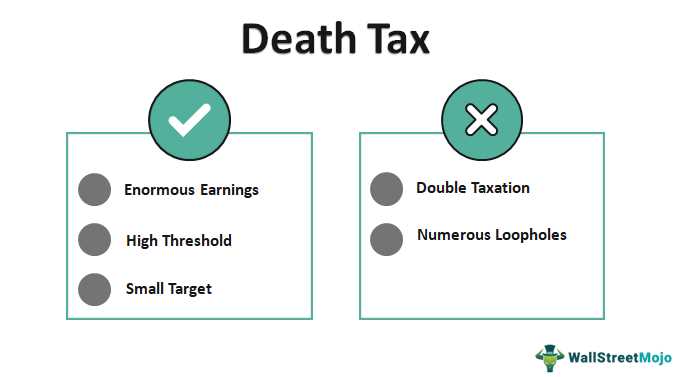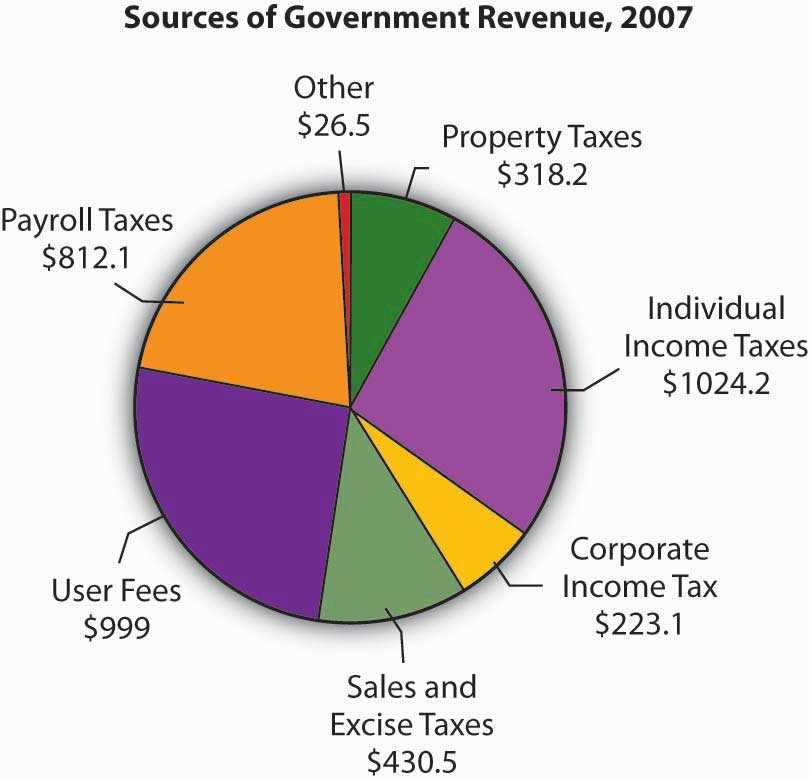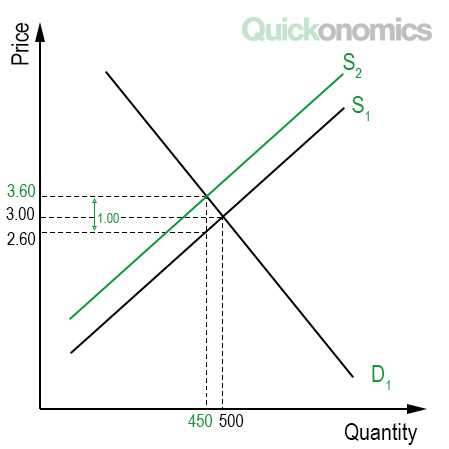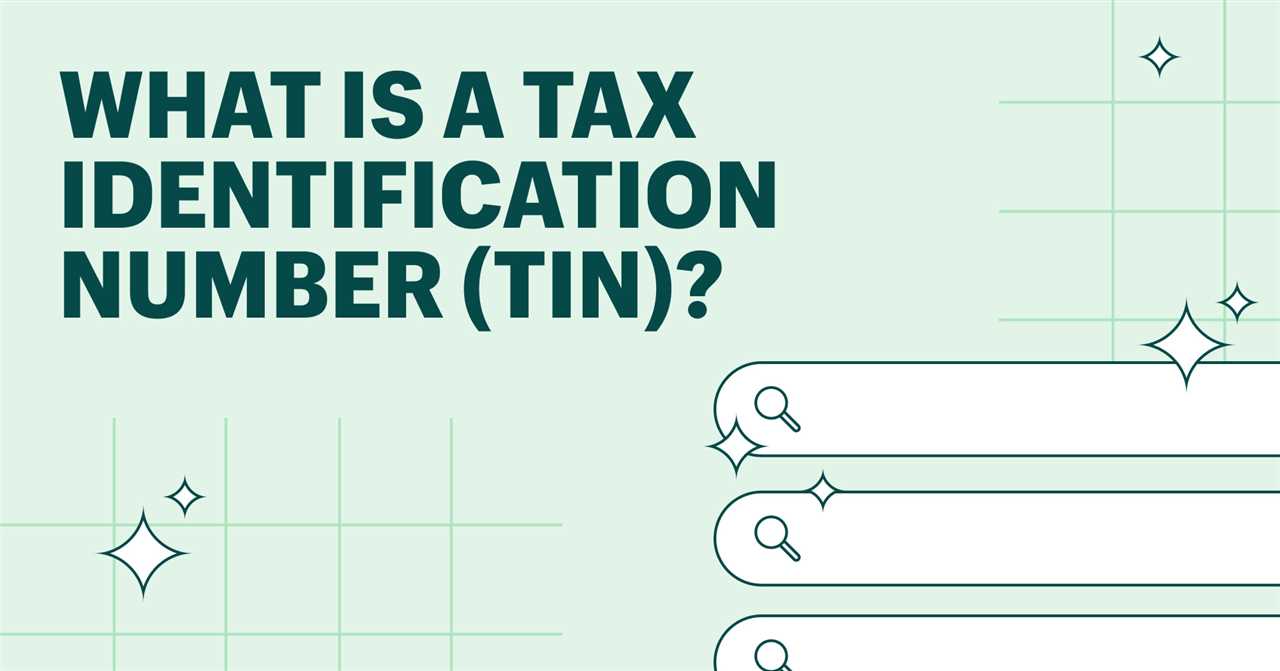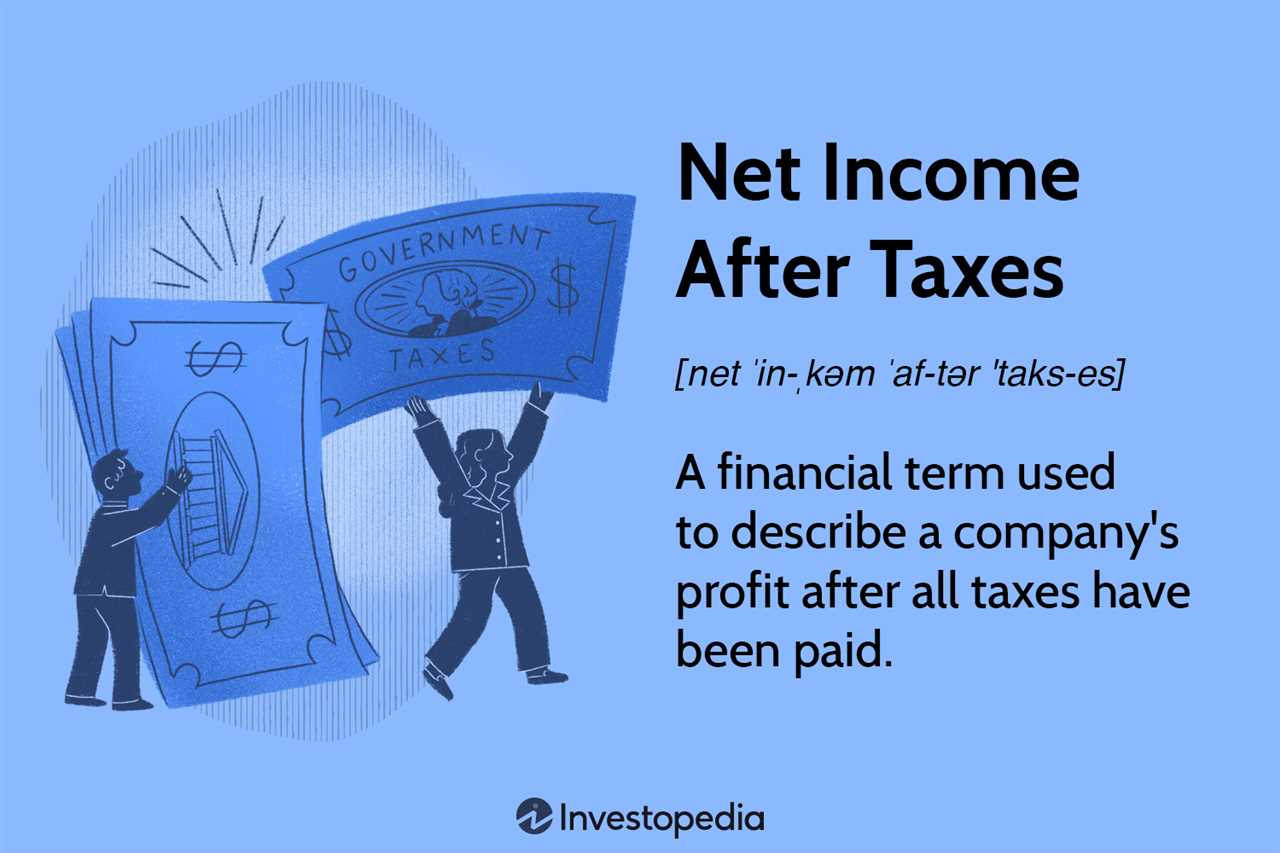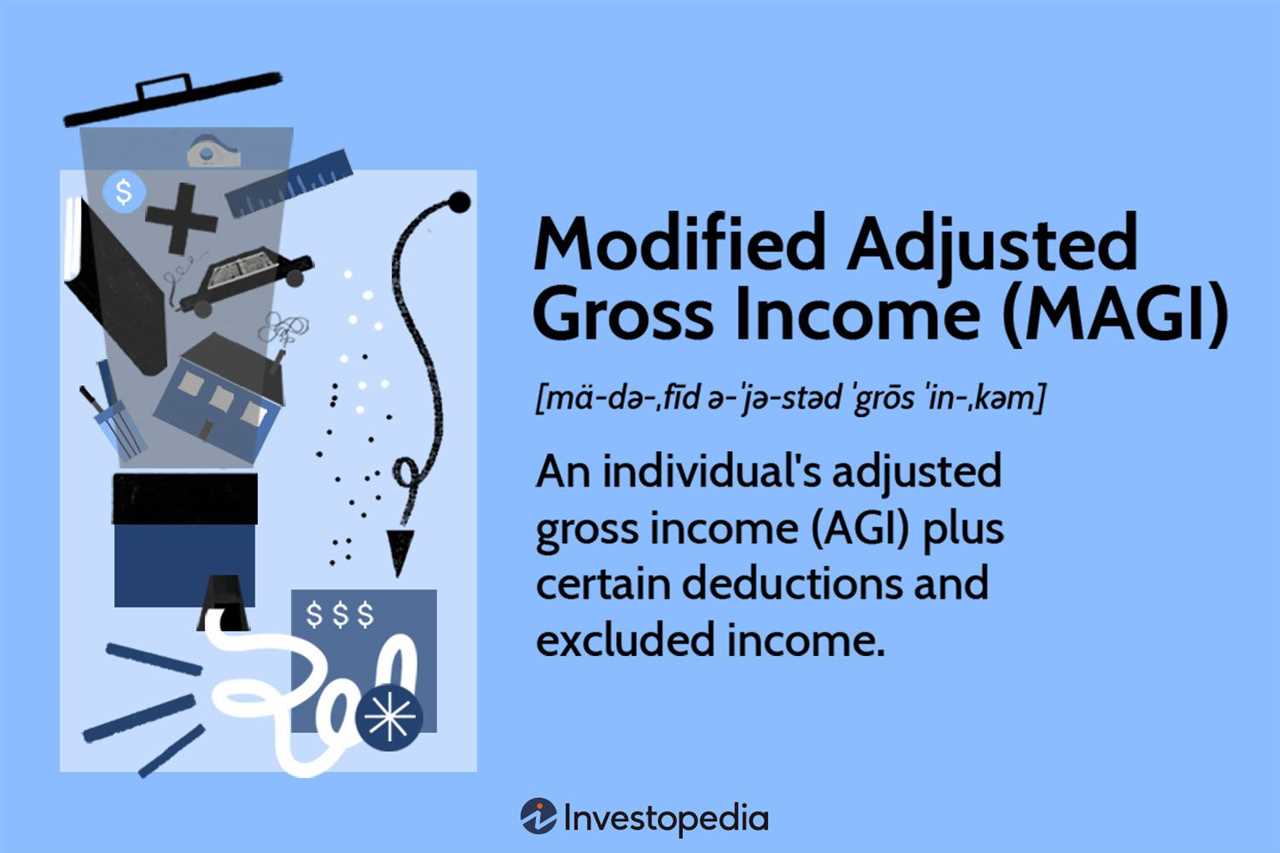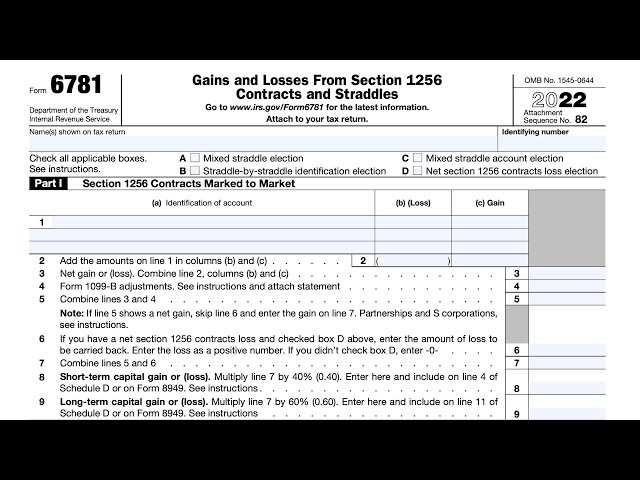Understanding Tax Treaties: How They Work and Why They Matter
Importance of Tax Treaties Tax treaties play a crucial role in the international tax landscape. They are bilateral agreements between two countries that aim to prevent double taxation and promote cooperation in tax matters. These treaties are important for several reasons. 1. Avoidance of Double Taxation: One of the primary … …

